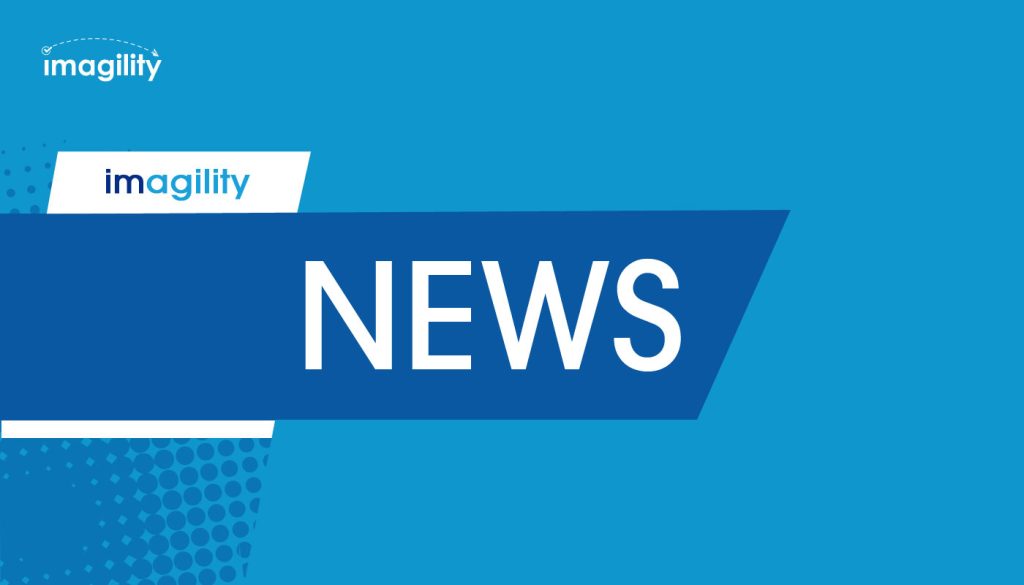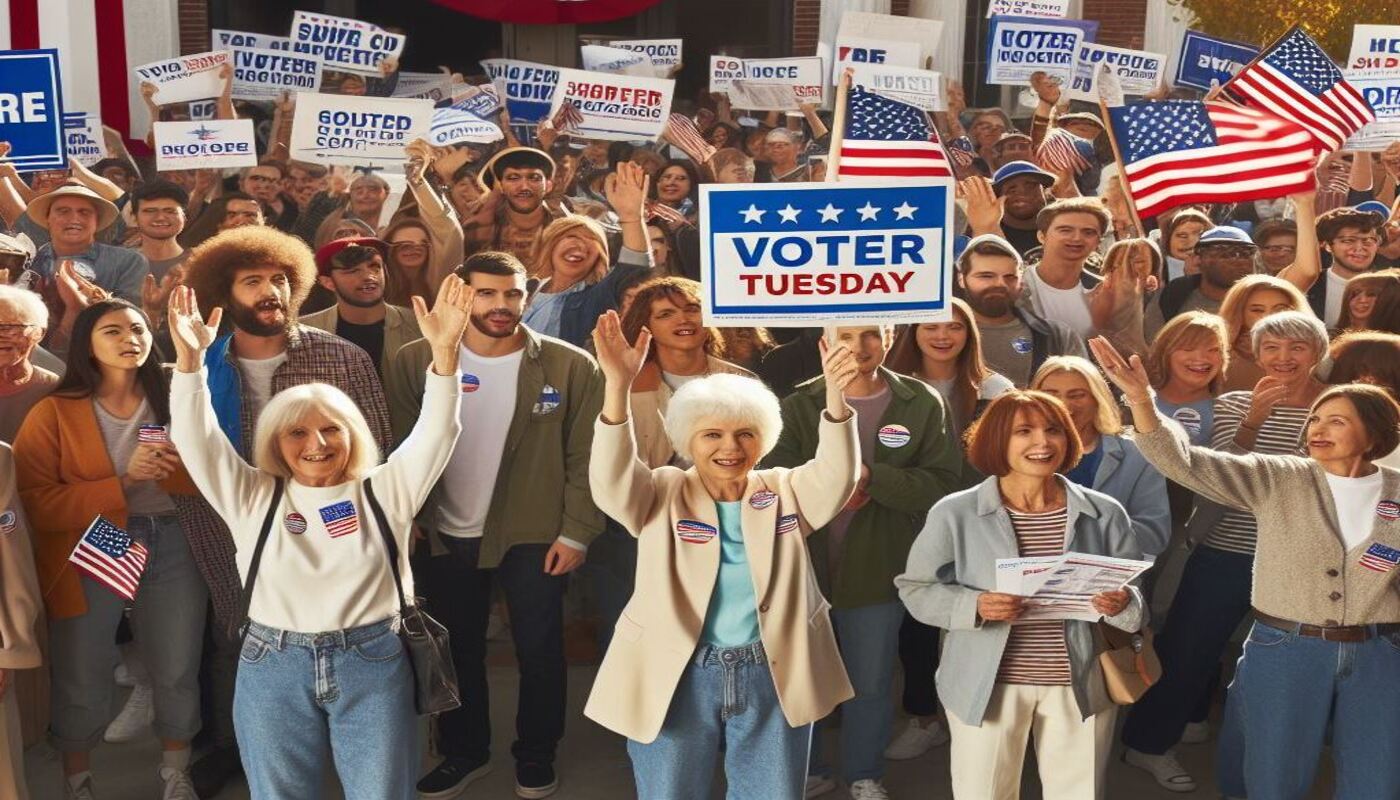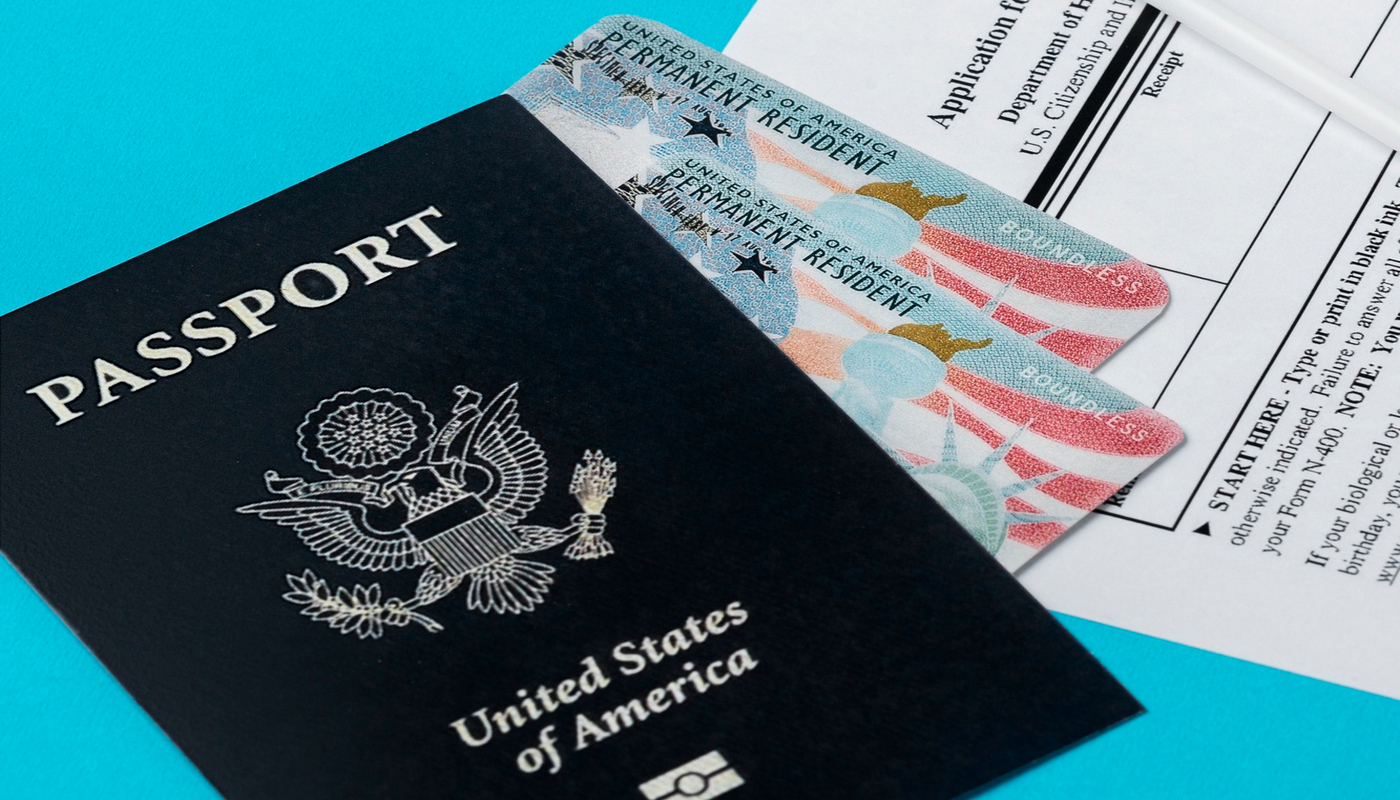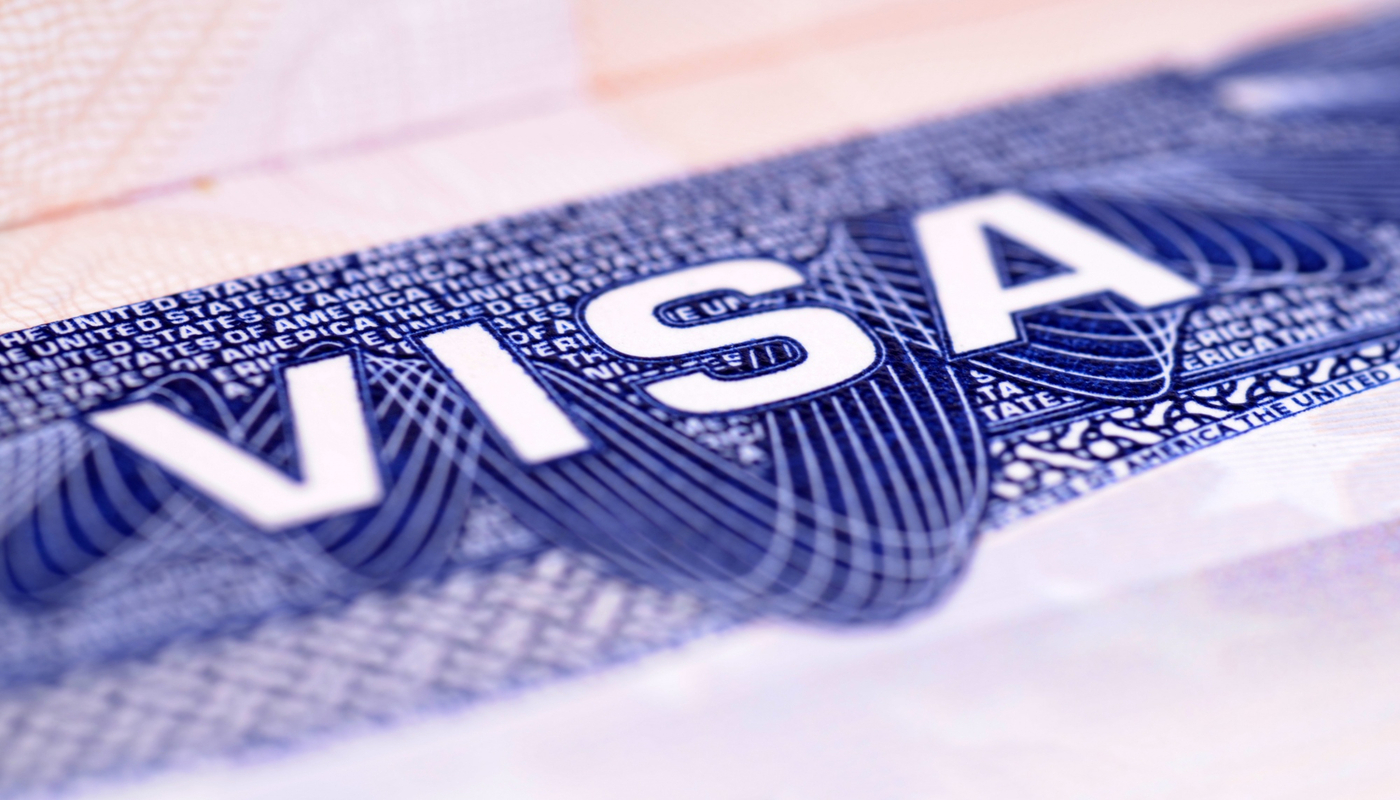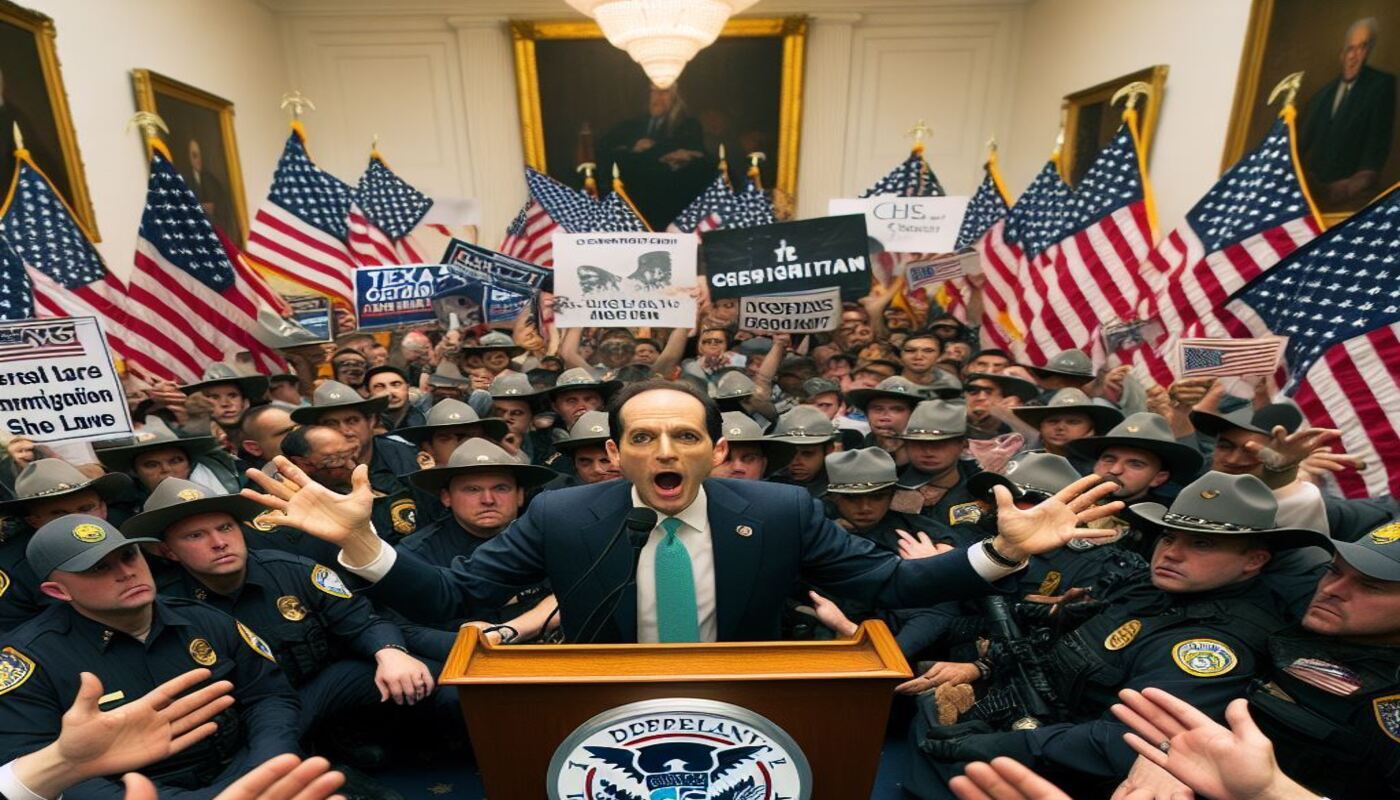US H1B Visa Cap Reached for 2024; Next Steps for Non-Selected Indians and Alternative Visa Options
The United States Citizenship and Immigration Services (USCIS) has declared that it has received sufficient petitions to fulfill both the regular cap of 65,000 and the US advanced degree exemption, commonly known as the master’s cap, set at 20,000, for the fiscal year 2024. This development has significant implications for the H-1B visa program, which permits US employers to hire foreign workers with specialized skills for a specific period. Approximately 75% of H-1B visas granted annually are known to go to workers from India, employed by major US tech companies and IT services giants.
For those who submitted registrations but were not selected, the USCIS will issue non-selection notices through online accounts, rendering them ineligible to file an H-1B cap petition for this registration. However, the USCIS will continue to accept and process petitions exempt from the cap, including those for current H-1B workers who retain their cap number. These petitions serve various purposes, such as extending stay duration, changing employment terms, facilitating employer changes, and allowing concurrent work in additional H-1B positions.
As an alternative to the H-1B visa, individuals and employers may explore various options:
Optional or Curricular Practical Training (OPT/CPT): Graduates of US post-secondary institutions can explore a 12-month period of Optional Practical Training, extendable for STEM graduates. Current students may qualify for employment authorization through Curricular Practical Training.
Work Visas based on nationality: Depending on citizenship, individuals can explore specific work visas. TN Visas for professionals from Mexico and Canada, H-1B1 visas for citizens of Chile and Singapore, and E-3 visas for Australians in specialty occupations.
E-1 and E-2 Visas for Traders & Investors: Nationals of qualifying treaty countries can consider E-1 visas for substantial trade and E-2 visas for substantial capital investment in a US enterprise.
L-1 Visas for Business Expansion: The L-1 visa facilitates business expansion by allowing qualified executives, managers, or specialized professionals to establish and work in a new US office.
O-1 Visas for Extraordinary Ability or Achievement: Designed for individuals with extraordinary abilities, O-1 visas cover fields such as sciences, arts, education, business, athletics, or entertainment.
Family Sponsorship: Explore immigration status through a qualifying relationship with a US citizen or permanent resident. Family sponsorship is an option for parents, spouses, children, or fiancé(e)s.
Employment-Based Green Cards: Consider an immigrant petition for permanent residency filed by an employer or through self-petitioning. Employer sponsorship often requires US Department of Labor certification.
Eligibility for the H-1B visa includes a valid job offer from a U.S. employer for a role that requires specialty knowledge, proof of a bachelor’s degree or equivalent experience in that field, and the employer demonstrating a lack of qualified U.S. applicants for the role.
The cost to register for the H-1B lottery is USD 10. If selected, the employer must pay USD 460 to file Form I-129 (Petition for Nonimmigrant Worker). Additional costs vary based on company size, application expediting, change of employers, and attorney fees.
Source: India.com

